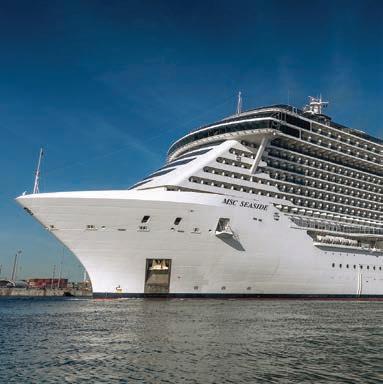The CDC does not recommend that travelers take prophylactic antimicrobial agents to prevent TD but suggests some specific medications for physicians to consider when treating individuals with TD symptoms. Bacterial causes of TD far outnumber other microbial causes, so practical treatment with an antibiotic directed at intestinal bacterial pathogens remains the best therapy. An antimicrobial’s effectiveness depends on the specific microbe that’s causing the ailment and its antibiotic sensitivity. First-line antibiotics include ciprofloxacin, levofloxacin and other members of the fluoroquinolone family of drugs. Increasing microbial resistance to fluoroquinolones, however, may limit their usefulness at some destinations such as Thailand and Nepal. The U.S. Food and Drug Administration (FDA) warns about these drugs, noting a significant risk of tendon rupture; DAN has received reports of several Achilles ruptures potentially associated with the drugs. The FDA has approved azithromycin and rifaximin as alternatives for the treatment of TD caused by noninvasive strains of E. coli. The standard treatment regimen for TD is three days on an antibiotic. If treatment is initiated promptly, however, a shorter course, sometimes just a single dose, may reduce the duration of the illness to a few hours. Pepto-Bismol is also helpful in the treatment of diarrhea, but less so than antibiotics. The dosage for treating TD is 1 ounce of Pepto-Bismol every 30 74
minutes, not to exceed 8 ounces in 24 hours or a total of eight doses. Wait





























